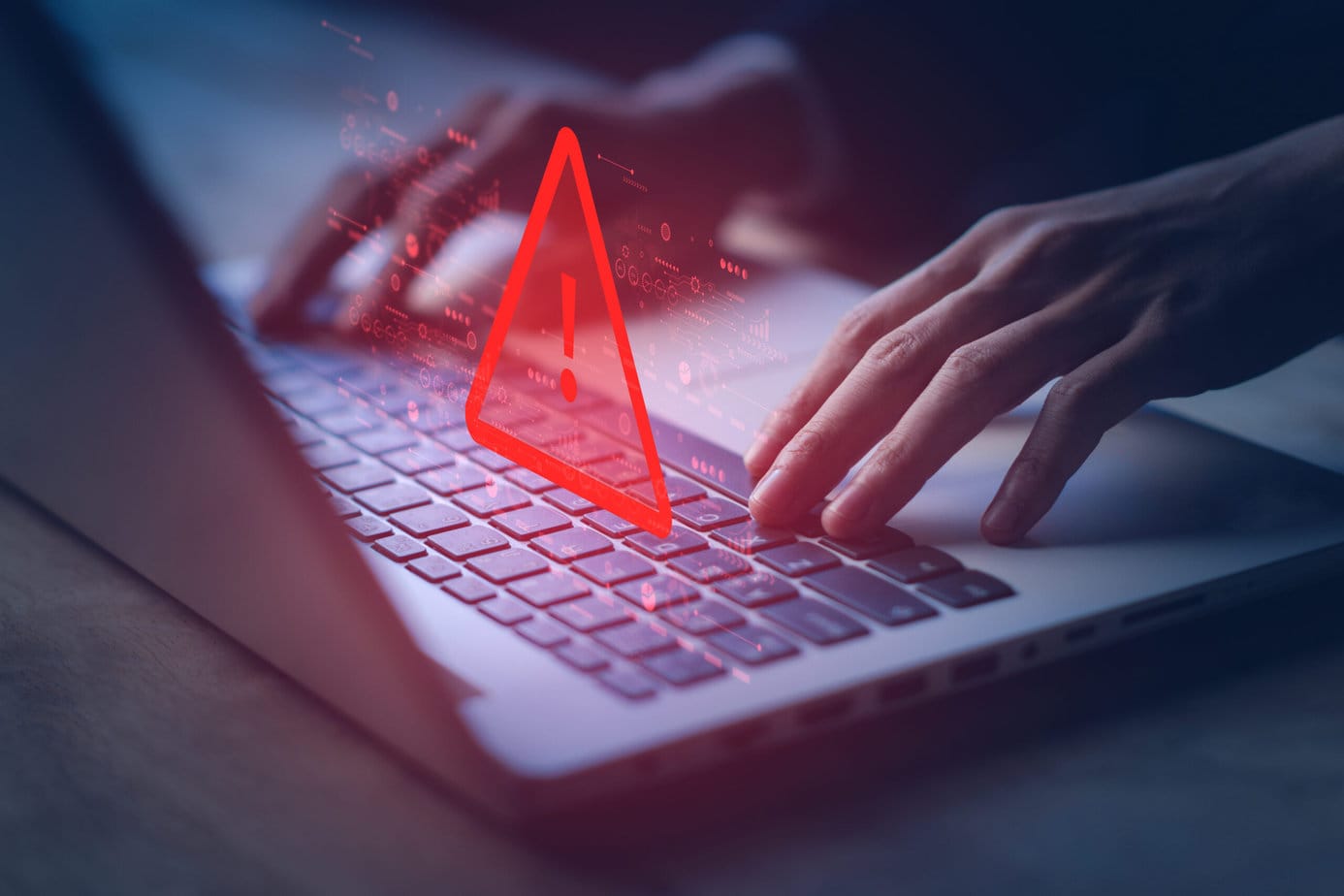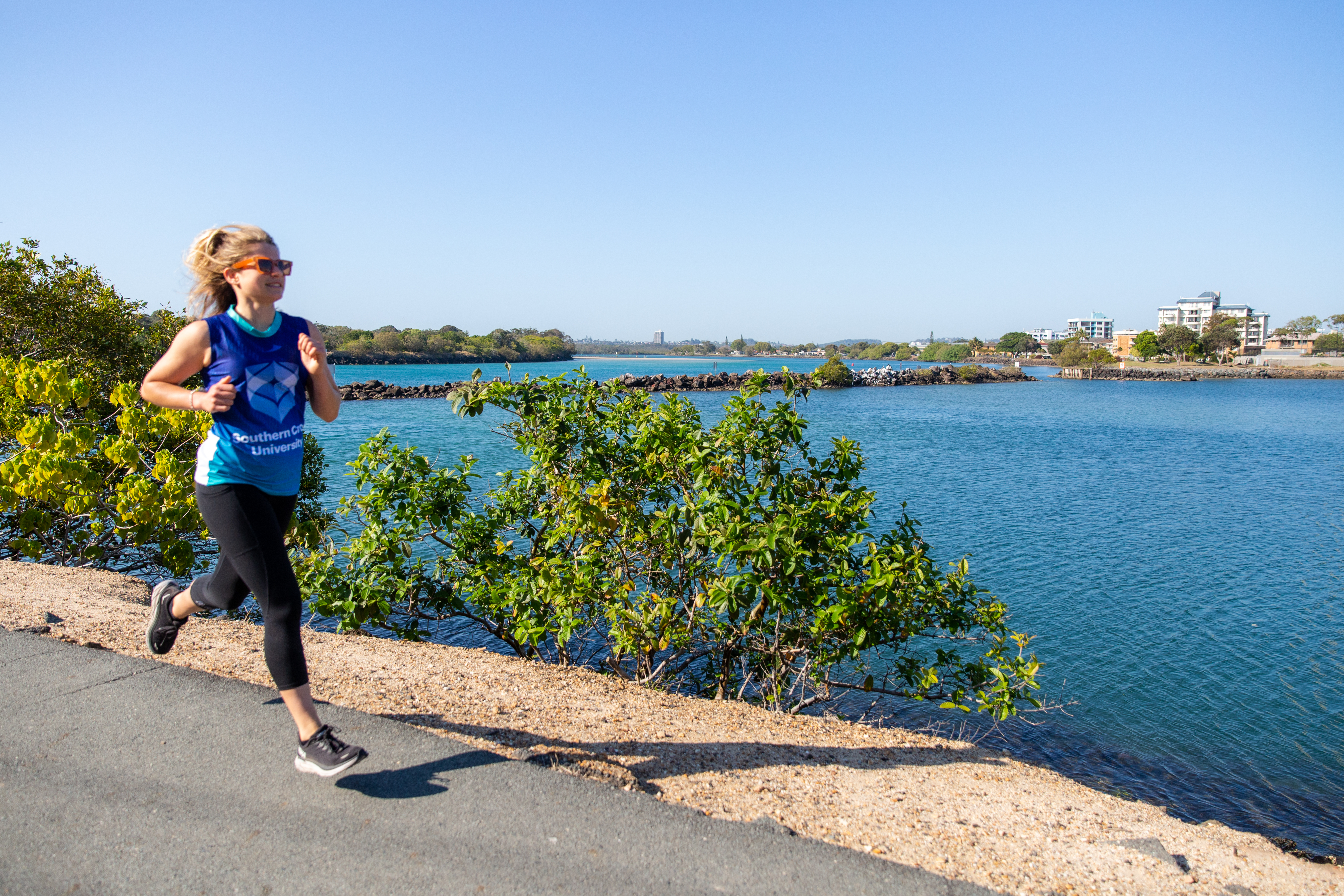The WHO Department of Regulation and Prequalification (RPQ) plays a critical role in the global health ecosystem as it provides guidance and support to WHO Member States plus facilitates collaboration among various stakeholders regarding the regulation of medical products across their lifecycle. The ambition of the work is to protect populations by enabling timely access to quality, safe and effective medical products.
In 2018, an independent impact assessment of WHO Prequalification (PQ) and supporting activities was conducted and published. It informed the development of WHO’s RPQ five-year plan (2019-23) to help build effective and efficient regulatory systems.
Five years into the plan, an independent impact assessment of the RPQ department has been commissioned to inform future direction. It considered (a) the value generated by the 2018 assessment report, (b) the shifts in the global health ecosystem that have occurred since its 2019 publication and (c) the changes within the RPQ department.
This impact assessment has reflected on the five-year period 2018-22 with four specific objectives:
- Generate qualitative and quantitative assessments of the value created by the RPQ department for its stakeholders with a focus on country impact in line with the four strategic priorities of the RPQ department.
- Create an understanding of the value that the RPQ department activities have created in the global health ecosystem, with a 360-degree view across all stakeholders.
- Identify and analyze the main developments since the publication of the previous assessment in 2018.
- Develop insights and recommendations that enable both operational quick wins and long-term improvement such as allowing for efficiency gains.
Key findings:
1. The RPQ department has had significant impact in terms of enabling access to critical health products for the global population:
- Contributed to averting more than five million deaths during the COVID-19 pandemic by listing 11 COVID-19 vaccines and 42 COVID-19 diagnostic products for emergency use listing (EUL) and prequalified 17 COVID-19 related medicines. WHO EUL approvals were relied on by more than 170+ Member States and Territories to approve COVID-19 medical products for entry into their markets following facilitation by the WHO through its Regional and Country Offices.
- Expanded the WHO prequalification programme: the number of prequalified products has increased by 13% in the last 5-year period (2018-22) compared to 2013-17 while the number of products EUL-listed has increased by 325%. Increase in the therapeutic areas within scope for prequalification: five therapeutic areas added for medicines (Infections in newborns and young infants and childhood pneumonia; insulins and insulin analogues; certain cancers ; COVID-19; Ebola Virus Disease ), three for vaccines (Ebola, Pneumonia, Malaria) and four for diagnostics (G6PD, Cholera, Syphilis, TB)
2. Investing in RPQ remains a sound investment: every USD 1 invested in running PQ contributes to savings of approximately USD 30-40 across medicines, vaccines, and diagnostics while acknowledging that PQ operates in the broader ecosystem of global health stakeholders who contribute to these savings as well.
3. The RPQ department has played a direct and significant role in strengthening global regulatory systems: the total number of countries that achieved Maturity Level 3 or Maturity Level 4 for at least one medical product type from 1 in 2017 to 13 in 2022, which together with previous work represents now a coverage of ~50% of the world’s population with functional regulatory systems, according to established international standards, at least in one category of medical products (medicines and/or vaccines).
Opportunities for improvement:
- Strengthen external and internal coordination & communication efforts
- Readjust strategic priorities or tracking metrics to drive more focused impact on areas of most need for the ecosystem
- Improve internal operational efficiency and team’s capacity
Specific recommendations are being addressed via immediate actions but also involving a number of activities debating with stakeholders in dedicated workshops. As such, in the coming months meetings with main stakeholders will address opportunities for improvement, along a set of recommendations originating from the current review. These will become part of the workplan to be implemented in 2024.
Moreover, a significant number of recommendations will also become part of the next RPQ action plan, currently under development and to be implemented in parallel to the WHO GPW14 (2025-2028).








